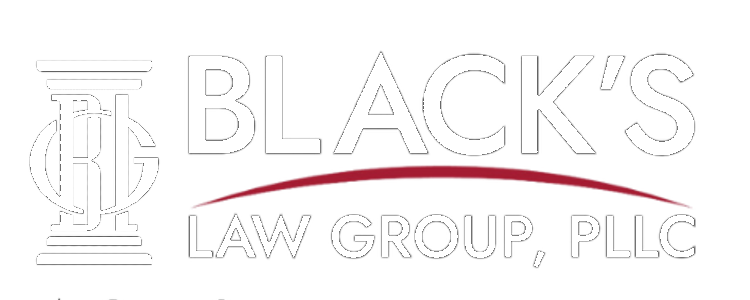What happens when a juvenile, or a person under the age of 18, is arrested on suspicion of committing a crime? As attorneys often say, “well, it depends.” The reason for the unclear response is that factors such as the crime that the young person is suspected of committing and their actual age will largely determine the direction that the case may go. On the one hand, if the charges are serious, like a class B felony, and the young person is over the age of 16, their case may be sent to “adult” court. On the other hand, less serious charges, like lower level felony offenses and misdemeanors, will likely be sent to the nearest Superior Court for Juvenile Matters.
No, juvenile matters are not “less serious” than adult matters. Rather, there are simply different rules that apply in the case and different types of consequences and punishments available for young persons. This intuitively makes sense to us. A 16 year old who steals something should be treated differently than the 35 year old who steals something, based solely on age, right?
Regardless of whether the cases end up at different courthouses, any arrest is concerning. If you or a loved one have been arrested and summoned to juvenile court, you are likely concerned, overwhelmed, and in unfamiliar territory. Picking up that phone and calling a team of experienced and creative criminal defense attorneys, like ours, is your first step towards protecting yourself. Until then, here are some basics regarding juvenile delinquency matters.
Are juvenile crimes different from adult crimes?
No. Crimes are crimes. The same crimes that can be brought against adults are the same crimes that can be brought against juveniles. The difference is how the criminal justice process plays out regarding those crimes. Unlike in “adult” court, these cases are confidential to everyone except the defendant and the victim, but also, subject to different types of penalties. There will be no jury in the case if it goes to trial. Instead, a judge will be both the fact-finder and then, if needed, impose a sentence.
How can my child’s juvenile case impact their future?
Juvenile court matters are confidential proceedings and at the conclusion of the case, juvenile delinquency dispositions are put on a track where any record of their existence can be expunged by a subsequent petition to the court (if eligible to do so). However, juvenile matters can directly and indirectly have an adverse impact on your child’s education, reputation amongst peers and in the community, and more.
Hire a Connecticut Juvenile Delinquency Defense Attorney Today
Whether you or a loved one are facing felony or misdemeanor charges in a juvenile delinquency proceeding, hiring an experienced attorney to guide you through the process early can save you time, stress, and money. You want to hire the experienced and creative attorneys that understand that the facts are not always black and white. Call the team at Black’s Law Group today for your free consultation and to see how we might be able to help guide you and your case through the juvenile delinquency process from start to finish.

